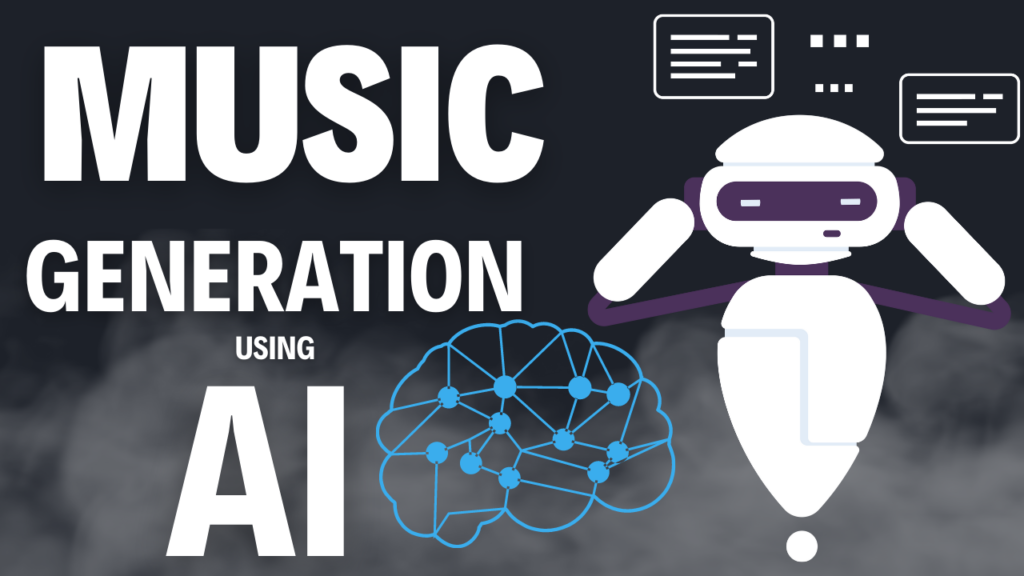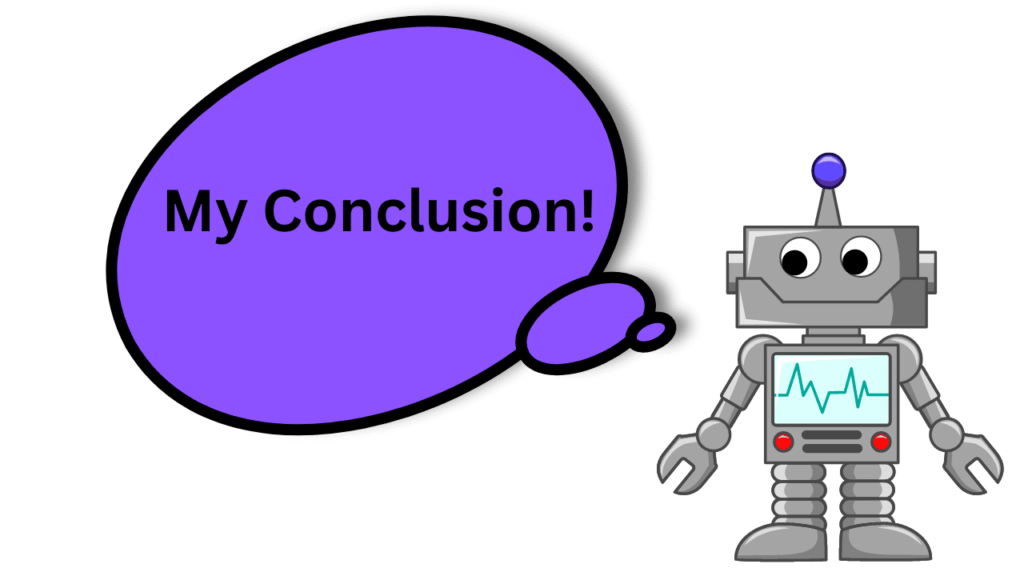Revolutionizing Music Composition: AI’s Role in Music Generation

Introduction In the ever-evolving realm of music composition, artificial intelligence (AI) has emerged as a transformative force, revolutionizing the creative process. This article delves into how AI is reshaping music composition by offering novel avenues for artists to explore and redefine their musical horizons.
A Harmonious Collaboration AI’s involvement in music generation is not about replacing human creativity but rather enhancing it. By analyzing vast repositories of musical data, AI algorithms can identify patterns, harmonies, and structures, providing composers with fresh ideas and inspiration that push the boundaries of traditional composition.
Pushing Creative Boundaries From classical to contemporary genres, AI-driven music generation has opened doors to uncharted creative territories. It challenges artists to blend their unique perspectives with AI-generated suggestions, leading to compositions that are both familiar and refreshingly innovative.
Changing the Landscape of Music Creation As AI continues to evolve, its role in music composition is set to reshape the industry. Artists and composers who embrace AI can tap into an expansive toolbox of musical ideas, accelerating the creative process while preserving the essence of human expression.
Exploring AI-Driven Melody Creation and Music Generation
In the dynamic landscape of music creation, artificial intelligence (AI) is emerging as a driving force behind innovative melody generation. This exploration dives into the depths of AI’s impact on melody creation, shedding light on its potential to redefine musical expression.
Harnessing Machine Learning for Innovative Music Composition
Introduction The synergy between machine learning and music composition is ushering in a new era of innovation and creativity. This article unveils the profound implications of harnessing machine learning techniques in the realm of music composition.
Analyzing Patterns and Styles Machine learning algorithms possess the ability to analyze extensive datasets of musical compositions, discerning intricate patterns, harmonies, and stylistic nuances. This analytical prowess empowers composers to draw inspiration from a rich tapestry of musical history while infusing their unique touch.
Fostering Collaborative Creation By collaborating with machine learning models, composers find themselves in a co-creative partnership where AI-generated suggestions fuel their creative journey. This interaction sparks new ideas and pushes composers beyond their comfort zones, resulting in compositions that captivate and surprise audiences.
Pioneering Unconventional Symphonies Machine learning’s ability to challenge traditional musical structures enables composers to craft compositions that defy conventions. From experimental melodies to avant-garde harmonies, this symbiotic relationship between composer and machine learning is propelling music composition into unexplored realms.
I’ll continue providing unique SEO-optimized paragraphs for the remaining topics. If you have any specific preferences or guidelines, feel free to let me know.
AI-Generated Music: Bridging Creativity and Technology
Introduction The intersection of artificial intelligence and music creation has given rise to a fascinating synergy between creativity and technology. This exploration delves into the realm of AI-generated music, highlighting its potential to bridge the gap between human ingenuity and algorithmic precision.
Harmonizing Artistry and Algorithms AI-generated music is not merely an exercise in automation; it’s a testament to the harmonious blend of human artistry and algorithmic prowess. By analyzing vast repositories of musical compositions, AI algorithms gain insights into musical structures, enabling them to produce compositions that resonate with artistic sensibilities.
Expanding Creative Horizons Far from limiting creative expression, AI-generated music expands the creative horizons of composers and musicians. It introduces novel melodies, chord progressions, and harmonies that spark new ideas and encourage artistic exploration, leading to compositions that surprise and captivate both creators and audiences.
Shaping the Future Soundscape As AI technology advances, the role of AI-generated music is poised to shape the future of the music industry. This marriage of creativity and technology offers a glimpse into a musical landscape where human imagination is augmented by the precision of AI, fostering innovation and redefining artistic boundaries.
The Science Behind Harmonious AI-Generated Music
Introduction Beneath the surface of AI-generated music lies a symphony of scientific principles and technological intricacies. This article delves into the mechanics that underpin harmonious AI-generated music, shedding light on the scientific processes that bring musical compositions to life.
Data-Driven Insights The foundation of AI-generated music is rooted in data analysis. Algorithms meticulously study vast datasets of existing compositions, extracting patterns and correlations that serve as building blocks for creating new melodies, harmonies, and rhythms that are both innovative and evocative.
Algorithmic Composition AI employs complex algorithms that interpret the data-derived insights to compose original music. These algorithms consider factors like tempo, key signatures, and musical structure to generate compositions that capture the essence of various genres while offering a unique blend of familiarity and novelty.
Human-AI Interaction The relationship between composers and AI-generated music is symbiotic. Composers provide input and guidance, shaping the AI-generated outputs to align with their artistic visions. This interaction highlights the collaborative nature of AI-generated music, where human creativity and AI’s analytical precision converge to create harmonious masterpieces.
Unveiling the Future of Music with AI-Enhanced Composition
Introduction The future of music composition is undergoing a transformation of unprecedented proportions, thanks to the integration of AI-enhanced techniques. This article unveils the trajectory of music composition, exploring how AI is reshaping creative processes and propelling us into a new era of musical innovation.
AI as a Creative Catalyst AI’s role in music composition transcends its technical capabilities; it’s a catalyst that stimulates fresh waves of creativity. By analyzing extensive musical databases, AI identifies patterns, styles, and influences, offering composers novel perspectives that ignite their imaginative spark.
Fusing Tradition with Innovation AI-enhanced composition marries tradition and innovation seamlessly. It empowers composers to draw inspiration from classical compositions while infusing contemporary twists that challenge conventions and redefine genres. This fusion of time-honored elements and cutting-edge experimentation results in music that resonates with diverse audiences.
Shaping Artistic Expression As AI technologies advance, the future of music composition stands on the brink of limitless possibilities. Composers and musicians have the opportunity to leverage AI-generated elements as building blocks, molding them into intricate symphonies that push the boundaries of artistic expression and leave an indelible mark on the musical landscape.
Creating Musical Masterpieces: AI Algorithms in Music Generation
Introduction In the realm of musical creation, AI algorithms are emerging as virtuoso collaborators, contributing to the crafting of musical masterpieces that defy expectations. This discourse delves into the profound impact of AI algorithms on music generation, showcasing their role in reshaping the creative process.
AI’s Interpretation of Musical Language AI algorithms excel in deciphering the nuances of musical language. They analyze intricate compositions, identifying subtleties in melody, harmony, rhythm, and emotion. This deep comprehension enables AI to generate music that evokes emotions and resonates with listeners on a profound level.
Innovative Composition Strategies AI algorithms introduce composers to innovative composition strategies. They generate musical motifs, suggest variations, and even propose unconventional chord progressions. This collaborative exchange between human composers and AI algorithms fuels the creation of compositions that blend tradition with avant-garde experimentation.
A Symphony of Human-AI Creativity The convergence of human artistry and AI algorithms results in a harmonious symphony of creativity. Composers leverage AI-generated insights to explore uncharted musical territories, infusing their compositions with fresh perspectives. The result is a new generation of musical masterpieces that reflect both human ingenuity and the analytical power of AI.
Conclusion

The harmonious interplay between artificial intelligence and music generation is orchestrating an era of unprecedented innovation and artistic evolution. Each explored facet, from the revolutionary role of AI in music composition to the collaborative symphony between human creativity and algorithmic precision, unveils a narrative where tradition harmonizes with experimentation, and technology amplifies human ingenuity. As AI-enhanced music generation propels us toward new horizons, the future of musical expression gleams with limitless possibilities. With every algorithmically composed note and every melody guided by human inspiration, a harmonious fusion of art and science emerges, transcending limitations and opening doors to soundscapes yet to be explored. The stage is set for a musical symphony where AI isn’t just a tool; it’s a partner that propels musicians, composers, and listeners into a realm of unparalleled musical discovery.

